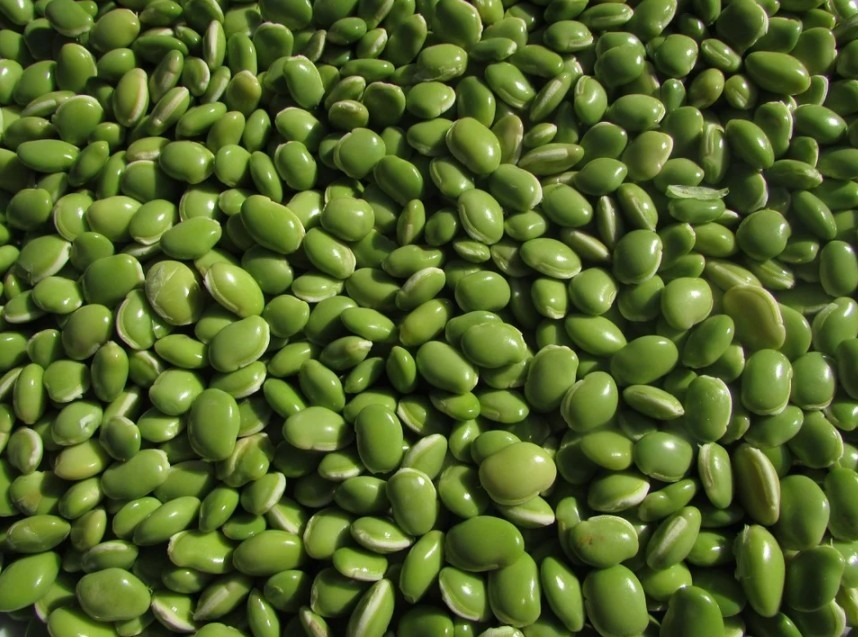Studies have proved that pulses are associated with lower LDL. But before going into details, it is essential to know about LDL and pulses.
Pulses
Pulses (members of the legume family) are dried edible seeds, which are also known as grain legumes. There are 11 varieties of pulses, recognized by the United Nations Food and Agriculture Organization (FAO). The types include dry peas, cowpeas, lentils, dry beans, chickpeas, vetches, dry broad beans, Bambara beans, lupins, pigeon peas, and pulses.
What Do Pulses Contain?
Pulses are a great source of essential minerals and vitamins (potassium, folate, and iron), fiber, and protein. Several national dietary guidelines recommend adding them to your diet. As compared to the cereal grains like rice, oats, wheat, corn, barley, and quinoa, the quantity of protein in peas, chickpeas, beans, and lentils is 2 to 3 times higher.
Our body cannot produce nine out of twenty essential amino acid building blocks, so they must come from the food we consume. Therefore, you should take protein from both animal and plant sources to ensure that the body gets all the required essential amino acids.
LDL
Low-density lipoprotein (LDL), also known as “bad” cholesterol, raises the risks of health problems like stroke or heart attack by collecting into the walls of blood vessels. Not all cholesterols are unpleasant or dangerous because your body needs it to produce hormones and healthy cells, as well as to protect nerves.
Some of the sources of cholesterol are the food that you consume and the liver. This cholesterol does not get dissolved in the blood. So, LDL is carried by the protein to the target place. The carrier proteins are called a lipoprotein.
Low-density lipoprotein is a tiny globule made up of an outer edge of lipoprotein with the center of cholesterol.
Pulses Can Help Lower LDL
A 2014 meta-analysis study was issued in the Canadian Medical Association Journal to see the effect of daily consumption of dietary pulses in lowering LDL cholesterol levels. Dozens of studies were included covering more than 1,000 participants. The participants were mostly middle-aged adults with a moderate risk of heart disease.
The outcomes of the study were, as compared to the control diet, the intervention diets considerably reduced LDL cholesterol. The consumption of dietary pulse has no considerable effect on the levels of non-HDL cholesterol and apolipoprotein B.
So, the meta-analysis recommends the intake of about one serving (130 gram/day) of dietary pulses daily. Over a six weeks median follow-up, one portion of dietary pulses lowers LDL cholesterol with 0.17 mmol/L. Hence, including white-bean, lentil soup, or hummus can contribute to reducing heart disease by lowering LDL cholesterol.
Dietary pulses have other beneficial effects too on other cardiometabolic hazardous elements, including blood pressure, body weight, and glucose control. But due to the low methodological quality of the included trials, the effect of dietary pulses require verification in longer and better-designed trials (which can also measure non-HDL and apolipoprotein B).
These findings of the meta-analysis were consistent with the study published in Pulse Canada, specific to beans consumption and lower cholesterol. Pulse Canada is the national association depicting processors, growers, and trader of Canadian pulse crops. Canada annually exports more pulses, which makes it the world’s largest pulses supplier.
Another 2012 study was published by Cambridge University Press to adjudge the pulse-based diet’s effect in people aged 50 years or older, for lowering cardiovascular disease factors. A sample of 108 participants was randomly given pulse-based foods or a regular diet. Before and after each diet phase, few factors like lipid, insulin, LDL cholesterol, and glucose were assessed.
As compared to the regular diet, the total cholesterol of the people with a pulse-based diet, reduced by 8.3%. In a sub-analysis of the twenty people with high cholesterol (high lipid levels), compared to the regular diet, a pulse-based diet lowered the cholesterol by 6%. Therefore, for reducing LDL-C and total cholesterol, a pulse-based diet is more effective and reduces the hazards of cardiovascular disease.
You can also soak and prepare your own pulses at home – but most people find that canned options are more convenient for eating these high-fiber, protein-packed pulses.
If you’re worried about sodium intake in canned foods, try rinsing your canned beans under a running faucet. This reduces sodium content by about 30%.
Final Words
The presence of all the vital minerals, vitamins, proteins, and low-calorie fat makes pulsesan excellent option for lowering the low-density lipoprotein (LDL). Hence, it is highly recommended that you add pulses into your diet to keep the total cholesterol and LDL-C in control. Moreover, lower LDL also leads to reduced cardiovascular disorders.

